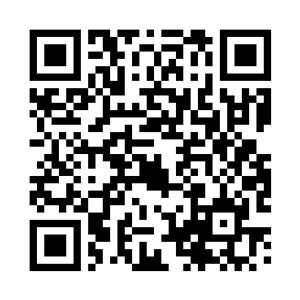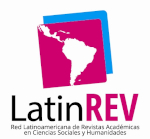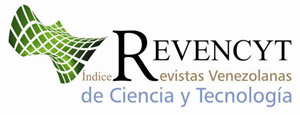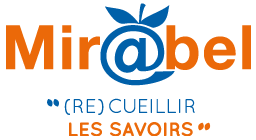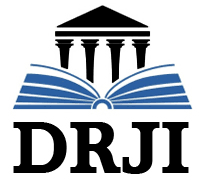Role of the university teacher as a companion effective pedagogical
Keywords:
pedagogical support, university teacher, student training, empathy, transparent communicationAbstract
This essay was oriented through the objective of analyzing the role of the university teacher as a pedagogical companion in the student training process. For its fulfillment, the contents related to the approach to the conceptualization of pedagogical accompaniment, approaches to pedagogical accompaniment and sensitive encounters in pedagogical accompaniment were developed. Methodologically, a bibliographic review of various documents in the English language was followed, selected with the search technique in academic databases such as PubMed, Google Scholar, Web of Science, through keywords such as: pedagogical support and university teaching. Among the conclusions, the emphasis on transparent and empathetic communication within a sensitive pedagogical encounter stands out. Understanding the uniqueness of each student and the ability to adapt to changing circumstances are crucial aspects for effective pedagogical support, thus the effects of empathy are highlighted as essential elements in leading an effective pedagogical encounter.
Downloads
References
Arnesson, K., & Albinsson, G. (2017). Mentorship-a pedagogical method for integration of theory and practice in higher education. Nordic Journal of Studies in Educational Policy, 3 (3), 202-217. DOI: 10.1080/20020317.2017.1379346.
Ciscell, G., Foley, L., Luther, K., Howe, R., & Gjsedal, T. (2016). Barriers to accessing tutoring services among students who received a mid-semester warning. Erick, Pacific Lutheran University, 39-54. https://files.eric.ed.gov/fulltext/EJ1114513.pdf.
Eidin, E., Bielik, T., Touitou, I., Bowers, J., McIntyre, C., Damelin, D., & Krajcik, J. (2023). Thinking in terms of change over time: opportunities and challenges of using system dynamics models. Journal of Science Education and Technology. https://doi.org/10.1007/s10956-023-10047-y
Hysaj, A., Elkhouly, A., Qureshi, A. W., & Abdulaziz, N. (2021). A study of the impact of tutor’s support and undergraduate student’s academic satisfaction. American Journal of Humanities and Social Sciences Research (AJHSSR), 3(12), 70-77.
Jones, I. D., & Brady, G. (2022). Informal education pedagogy transcendence from the 'academy' to society in the current and Post COVID environment. Education Sciences, 12(1), 37. https://doi.org/10.3390/educsci12010037.
McLain, M. (2022). Towards a signature pedagogy for design and technology education: a literature review. International Journal of Technology and Design Education, 32, 1629-1648.
Nayak, P., & Barrero, D. (2021). Re-imagining difference in the pedagogical encounter. Curriculum Inquiry, 50(5), 373-377. https://doi.org/10.1080/03626784.2020.1863653
Nind, M. (2020). A new application for the concept of pedagogical content knowledge: teaching advanced social science research methods. Oxford Review of Education, 46(2), 185-201. DOI: 10.1080/03054985.2019.1644996
Rodríguez, M.G. (2020). Intersubjetividad dialógica en el acompañamiento pedagógico del docente instructor universitario. Areté. Revista Digital del Doctorado en Educación de la Universidad Central de Venezuela. 6 (11), 217 – 237. https://saber.ucv.ve
Timonen, P., & Ruokamo, H. (2021). Designing a preliminary model of coaching pedagogy for synchronous collaborative online learning. Journal of Pacific Rim Psychology, 15. https://doi.org/10.1177/1834490921991430.
Van Manen, M. (1998). El tacto de la enseñanza. El significado de la sensibilidad pedagógica. Barcelona: Paidós.
Published
How to Cite
Issue
Section
License
Copyright (c) 2023 Maria Gorety Rodríguez Vieira

This work is licensed under a Creative Commons Attribution-NonCommercial-ShareAlike 4.0 International License.





